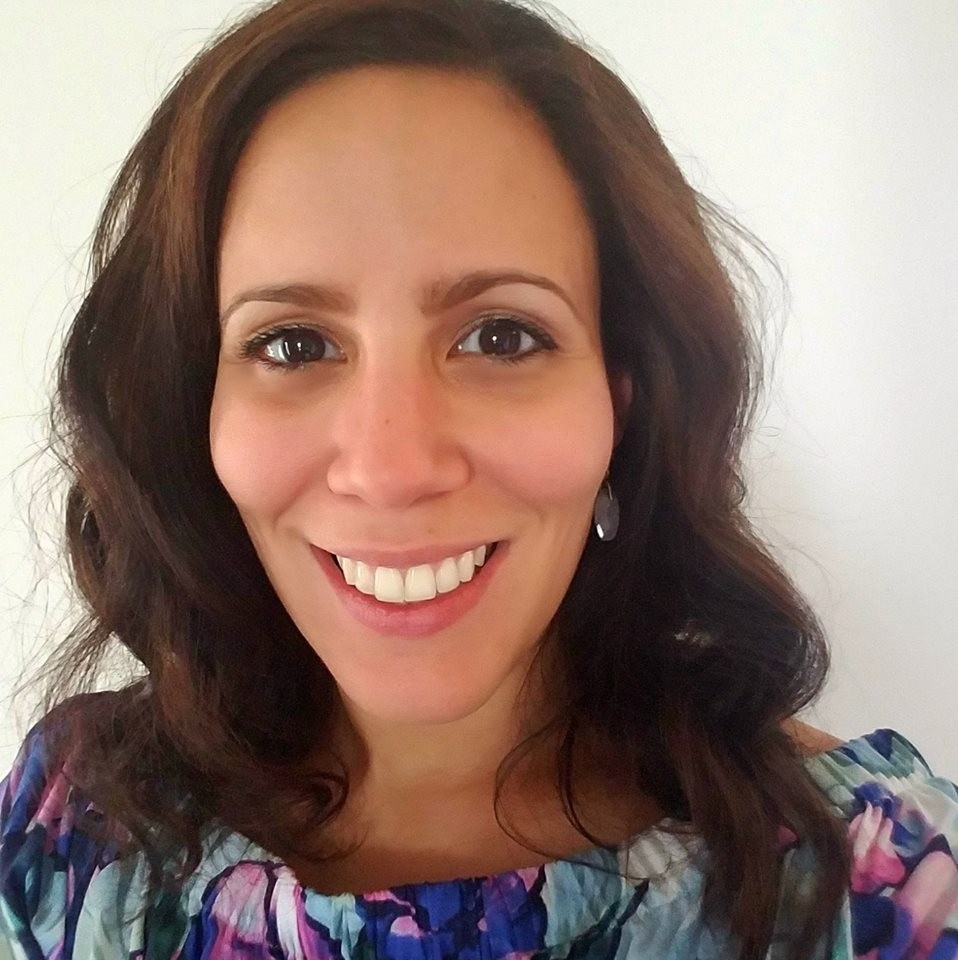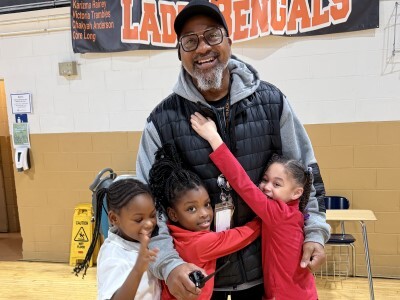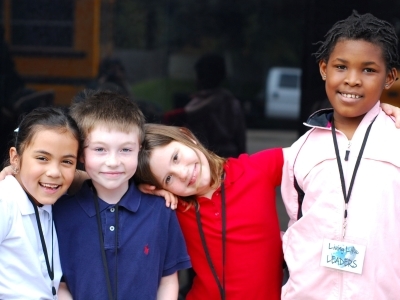Education Is Not a Media Soundbite: It’s Time to Do Something Different
Topics

When educators design and create new schools, and live next gen learning themselves, they take the lead in growing next gen learning across the nation. Other educators don’t simply follow and adopt; next gen learning depends on personal and community agency—the will to own the change, fueled by the desire to learn from and with others. Networks and policy play important roles in enabling grassroots approaches to change.
Teachers who are directly working through the struggles in K-12 education today have a perspective that is too often overlooked in the media, and the effects are damaging.
If I have to see one more sensationalized headline about how education is “in crisis,” I might have a Howard Beale moment from the 1976 movie, Network, and I’m not kidding. The unshakably gnawing vexation of incendiary articles burns my educator’s soul and gets my rage fires started. The reason? Educators have been shouting about the importance of overall funding, proper compensation for work, technology upgrades, and basic accessibility to the much-needed tools for education for decades. Decades. Ask anyone who is actively teaching, and they will roll their eyes and agree, yes, education is in trouble… just as it’s always been, just as we’ve been saying.
Recently, big think pieces by The New York Times, The Washington Post, Forbes, and others have tried to highlight the main issues and areas of need that the pandemic has intensified. No matter how articulate and highly publicized and widely read these articles are, they don’t give anyone in this profession confidence that they will have any effect. Articles outlining how our instructional staff and administration aren’t doing well seem like revelations to the outside world of non-educators. But we, those who actively work in our nation’s schools, have known this for years.
Lately, our profession has been reduced to a maligned talking point for any media pundit looking for views or ratings. Within weeks, educators across the U.S. went from the subject of mawkish adulation to villainization in whiplash speed. It seems that wanting a say in what happens to us during COVID was asking too much. Many politicians claimed teachers are directly responsible for stabilizing the economy and became irate at any pushback from teachers, even if it was basic inquiry of how returning safely would be achieved. We’ve read these articles and watched the news reports, but little goes into reporting what teachers are actually doing during this pandemic. Educators have provided extra hours of assistance for learning, pivoting from in-person, to virtual, to hybrid, back to in-person, and back to virtual again. In some places, the lack of infrastructure (reliable internet, available technological resources, etc.) makes teaching in these conditions a near-disastrous undertaking, and yet, educators persevere. Imperfectly but unwaveringly, we have prevailed. All this while begging for help, over and over again.
This negative attention to teaching and education in the media has only fueled the fire of ignorance and misunderstanding about several important educational issues. Now, educators cannot be trusted to teach what has been given to us, by our districts, without threat of lawsuit. In places like Florida and Oklahoma, The Washington Post reports, Republican political leaders are “pushing bills that will allow citizens to sue teachers for bringing critical race theory into classrooms—though there is no evidence it has been.” You read that correctly—rules are being put in place for content that doesn’t exist in education in multiple states. Books are being banned and pulled off reading lists that have existed for over 40 years. This is not to say that these reading lists shouldn’t be updated, but as one high school student pointed out in a recent Texas school board meeting: “No government—and public school is an extension of government—has ever banned books and banned information from its public and been remembered in history as the good guys.”
At the same time, teachers are risking the threat of COVID infection to satisfy the demands from parents and pressure from districts to open schools. But when teachers do not get hazard pay or disability leave, the message is consistent and clear—this is what teachers are supposed to do—without asking questions, without asking for compensation, without asking for health and safety protections.
Our humanity in this profession is being stripped away, leaving us besmirched for wanting to protect our families, our lives, for wanting to include excluded voices and additional perspectives, for wanting to present truth and facts, for wanting students to get a fuller, more complete and accurate education, for wanting to responsibly build critically-thinking, thoughtful citizens.
Too often, teachers’ voices go missing while the media is providing their editorial view, sharing quotes from “experts,” or asking superintendents who haven’t been in the classroom for years for their perspectives. Instead, we are cast as either the zealots or the indifferent. The recent Forbes piece, “Why Education Is About To Reach A Crisis Of Epic Proportions,” was passed around the education community with “no duh’s” and other exasperated interjections. I appreciate that the author of this article attempted to broaden the scope of the public’s understanding from this is just an education issue to this is a community and world problem. But, I don’t need the media interviewing superintendents, or retired educators, or pundits, or anyone else who isn’t directly working through the struggle today. As educators, we are the professionals who know what’s going on in classrooms, we know why the issues are so important, we know the impact that education has on our communities and our world. Why aren’t they interviewing us?
We need the school and district administrator, the school board member, the media, the congressperson, the president, to hear us, the teachers, the people suffocating under the overwhelming weight of it all.
The apocryphal quote, “the collapse of education is the collapse of a nation,” is an all too real and urgent battle cry from educators. Parents and, most intensely, students are joining in. But is anyone who can do something about these problems actually listening to us? Does anyone hear us?
Photo at top by SDI Productions via iStock.




